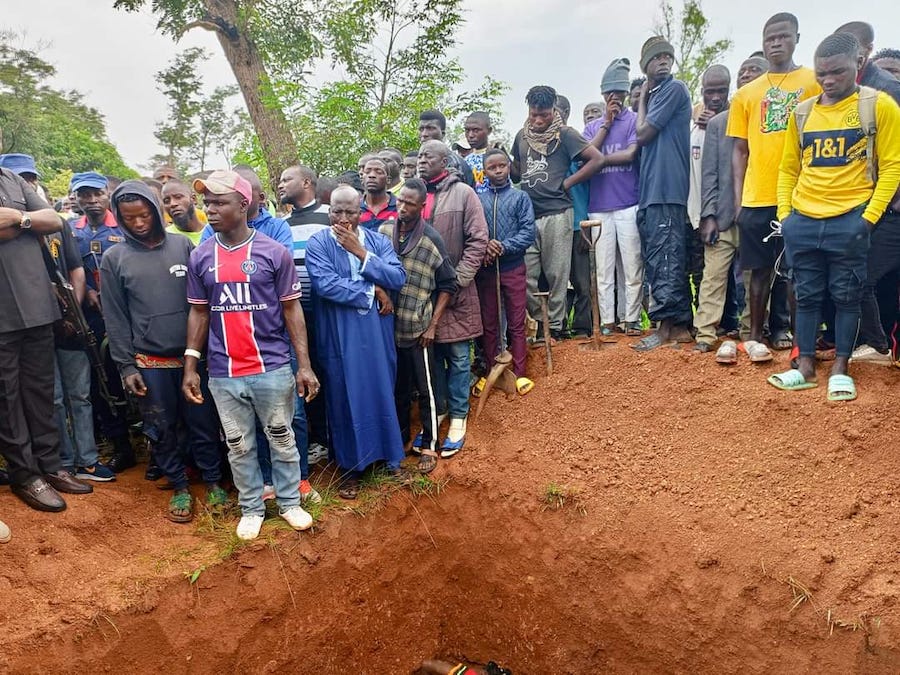Nigeria: 8 killed on independence day in latest round of Plateau attacks
The attack has been attributed to Fulani militants
At least eight people were killed and five more injured in an attack on a tribal village in the Plateau state of north-central Nigeria on Sunday.
The attack, believed to be carried out by Fulani militia, took place as Nigerians were celebrating the 63rd anniversary of the nation’s independence.

